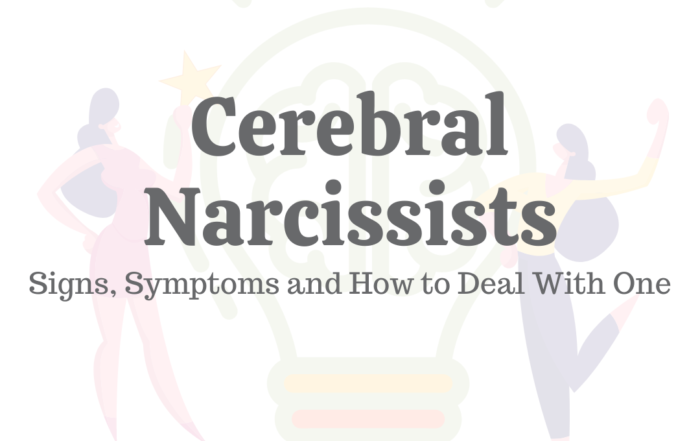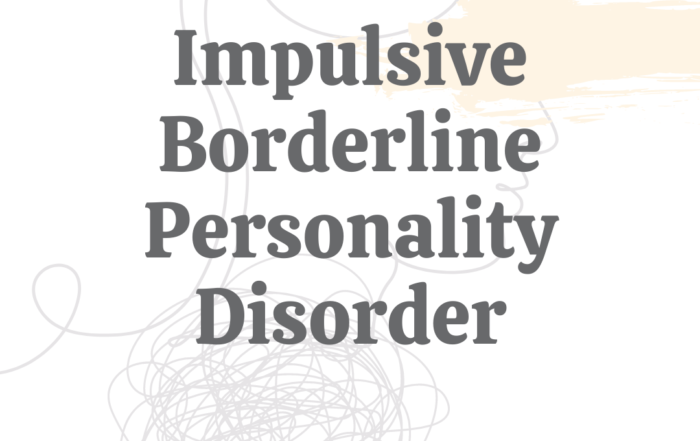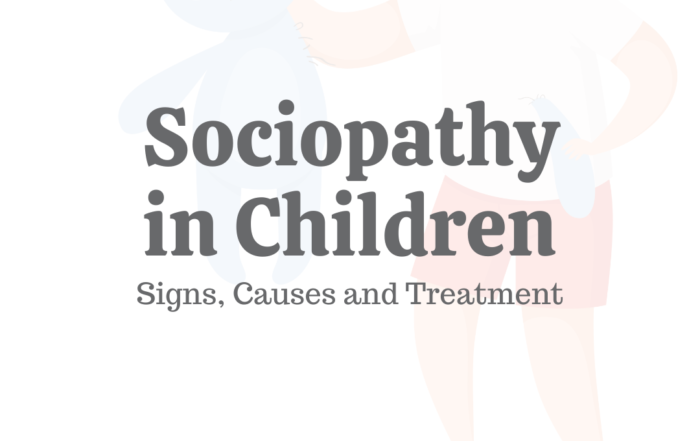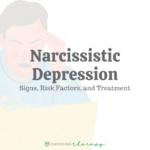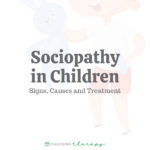Cerebral Narcissists: Signs, Symptoms & How to Deal With One
Cerebral narcissists are those who have been diagnosed with narcissistic personality disorder (NPD), and whose symptoms present within their intellectual confidence and pretentious attitude. They tend to be egocentric, use their intelligence against others, and downplay others’ intellectual abilities. When dealing with a cerebral narcissist, it’s helpful to set boundaries and remember that their opinion isn’t reality.
February 2, 2022
Impulsive Borderline Personality Disorder (BPD)
Those with impulsive borderline personality disorder (BPD) experience symptoms of BPD, a pattern of engaging in high-risk behaviors (such as unsafe sex, substance use, aggression), and difficulty controlling impulses. Despite not being recognized in the DSM-5, many consider impulsive BPD an unofficial subtype of BPD.
February 2, 2022
Sociopathy in Children: Signs, Causes, & Treatment
Sociopathic traits in children–such as aggression, lack of remorse, and disregard for authority–result from an interaction of factors including one’s environment, genetics, and brain functioning. When these traits become a pattern (as opposed to an isolated incident), they may be indicative of a conduct disorder diagnosis, which may develop into antisocial personality disorder (colloquially referred to as “sociopathy”) when the child reaches adulthood.
February 2, 2022
16 Signs of Narcissistic Friends: What They Do & Say
Narcissistic friendships often turn one-sided, conflictual, territorial, and sometimes aggressive. Narcissistic friends seek out constant praise, prioritize their own needs, lack empathy, have high expectations of their friends, and often end friendships when they no longer serve them.
February 2, 2022
